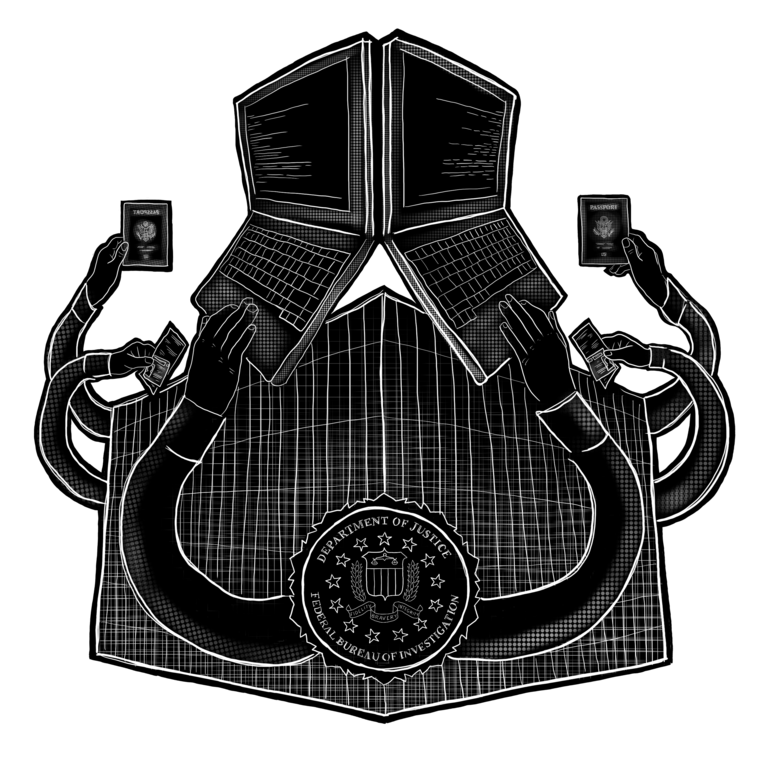NCIC

NCIC is a computerized index and central federal database for open warrants, wants, and “lookouts” for people and allegedly stolen property. It is the main criminalizing database at the national level, described as the "lifeblood of law enforcement."Footnote 1 NCIC is maintained by the FBI and overseen by the agency’s Criminal Justice Information Services division.Footnote 2 It is named after the National Crime Information Center where it is housed in Clarksburg, West Virginia.
As law professor Bridget A. Fahey writes, "Any person who has been subject to a traffic stop — or seen one in a movie — knows about the NCIC in practice if not in name. When police officers run a name, driver’s license, or license plate, they search the NCIC, a sprawling repository of information about crime across levels of government to which 'virtually every criminal justice agency nationwide' has access and contributes data. The NCIC supports 'millions of transactions each day.' And a survey of states estimated that the entire sweep of networked criminal history databases contains files on 110 million people."Footnote 3
NCIC criminal history data (which includes arrest records even when there isn’t a conviction) is submitted directly by the arresting law enforcement agency.Footnote 4 If you are subjected to a background check or “criminal check,” chances are high that NCIC is consulted. Because it is the go-to source for criminalizing data, it is noteworthy that since 2001, NCIC records make visible civil immigration information, including prior removal orders, and allows ICE analysts at its Law Enforcement Support Center (LESC) to tag people as “Immigration Violators” in the NCIC system and/ or mark their record with an outstanding criminal or administrative warrant — so that if a cop looks up a tagged person, the note will show up.Footnote 5
NCIC files are accessible to law enforcement and DHS sub agencies, directly and via various inter-agency communications systems like Nlets, ACRIMe, and EID.
Among those NCIC records that Nlets checks:
- persons deported “for drug or firearms trafficking, serious violent crimes, or both;”
- persons allegedly subject to a final deportation, exclusion, or removal order;
- persons who have administrative warrants for failure to comply with national security registration requirements — which may include people listed in a now-defunct “War on Terror” special registry, the National Security Entry‐Exit Registration System (NSEERS), that registered 90,000 Muslims between 2002 and 2011 and was dismantled in 2016; and
- the NCIC Gang File.Footnote 6
NCIC’s Gang File is accessible to ICE in several different ways.Footnote 7 Its definition of a "gang" is broad: “a group of three or more persons with a common interest, bond, or activity characterized by criminal or delinquent conduct.”Footnote 8
NCIC records were found to be extremely flawed, although the data system has not generated much public attention during the last fifteen years. A 2005 Migration Policy Institute report looking at police queries from 2002-2004 found that during that time the system generated erroneous immigration “hits” in almost 9,000 cases.Footnote 9 “The rate of false positives was 42 percent overall, and some individual law enforcement agencies had error rates as high as 90 percent,” the report stated.

